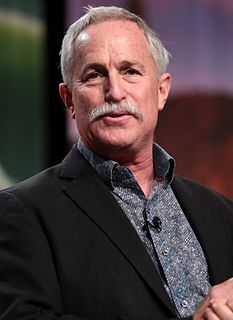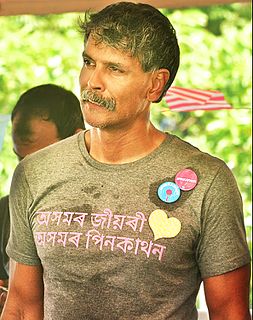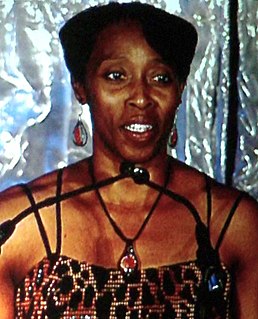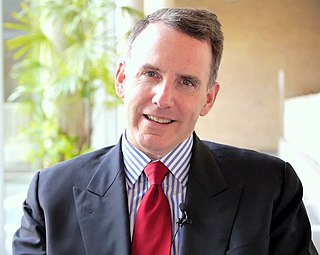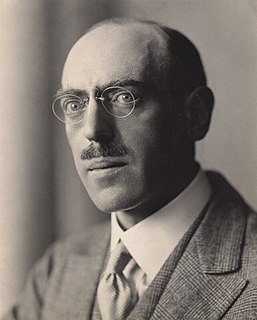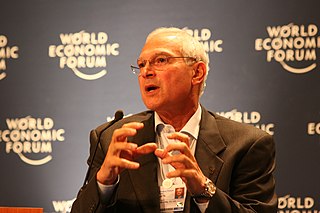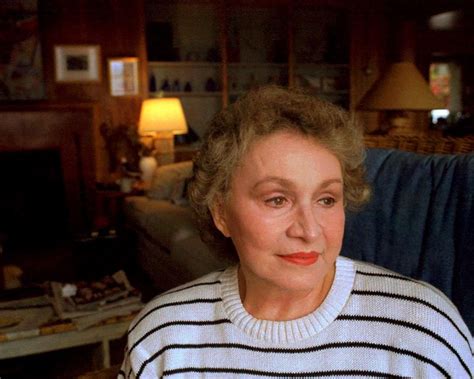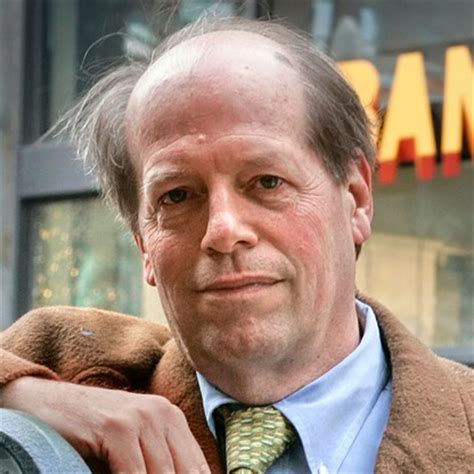Top 1200 Cities Quotes & Sayings - Page 2
Explore popular Cities quotes.
Last updated on April 16, 2025.
From a business perspective, the question related to cities and sustainability is clear and compelling: can you have a healthy company in an unhealthy city? Arguably, no. Companies need healthy cities to provide reliable infrastructure, an educated and vital workforce, a vibrant economy, and a safe and secure environment to survive and thrive. Business executives have a lot to learn from cities, and a lot to contribute, and this book shows the way, chronicling the successes and the lessons learned about what it takes to make a city healthy, in every sense of the word.
We have great cities to visit: New York and Washington, Paris and London; and further east, and older than any of these, the legendary city of Samarkand, whose crumbling palaces and mosques still welcome travelers on the Silk road. Weary of cities? Then we’ll take to the wilds. To the islands of Hawaii and the mountains of Japan, to forests where Civil War dead still lie, and stretches of sea no mariner ever crossed. They all have their poetry: the glittering cities and the ruined, the watery wastes and the dusty; I want to show you them all. I want to show you everything.
There's no getting around the fact that some cities face long odds, and governments and societies are going to be confronted with some hard decisions. Most importantly, cities have to recognize that in times of crisis they have to help themselves. Governments, no matter how well intentioned, can only do so much, especially when they themselves are so strapped for cash, as the U.S. is now. Government money will probably flow to cities and regions with good prospects for the future, so as not to risk money even further by pouring it into stalled economic models.
The night ... it is filled with bestial watchmen, trammeling the extremities and the interstices of the timeless city, portents fallen, constellated deities plummeting in ash and smoke, roaming the apocryphal cities, the cities of speculation and reconstituted disorder, of insemination and incipience, swept round with the dark.
Cities can be the engine of social equity and economic opportunity. They can help us reduce our carbon footprint and protect the global environment. That is why it is so important that we work together to build the capacity of mayors and all those concerned in planning and running sustainable cities.
That's not a utopian vision. It is a set of ideas that we think are important to discuss. Those ideas largely have to do with sustainability of cities. The ability of cities to, over time, remain in balance with the resource streams that are available to them, and they have to do with social justice and equity of the fundamental conditions of satisfactory citizenship.
We have food deserts in our cities. We know that the distance you live from a supplier of fresh produce is one of the best predictors of your health. And in the inner city, people don't have grocery stores. So we have to figure out a way of getting supermarkets and farmers markets into the inner cities.
By rebuilding transportation so that you're not owning this thing that just sits there all the time, you get to rebuild cities in the process. If we do this right as a country, we have a chance to re-create our cities with the people, rather than cars, at the center. Our cities today have been built for the car. They've been built for car ownership. Imagine walking around in the city where you don't see any parking lots and you don't need that many roads.



